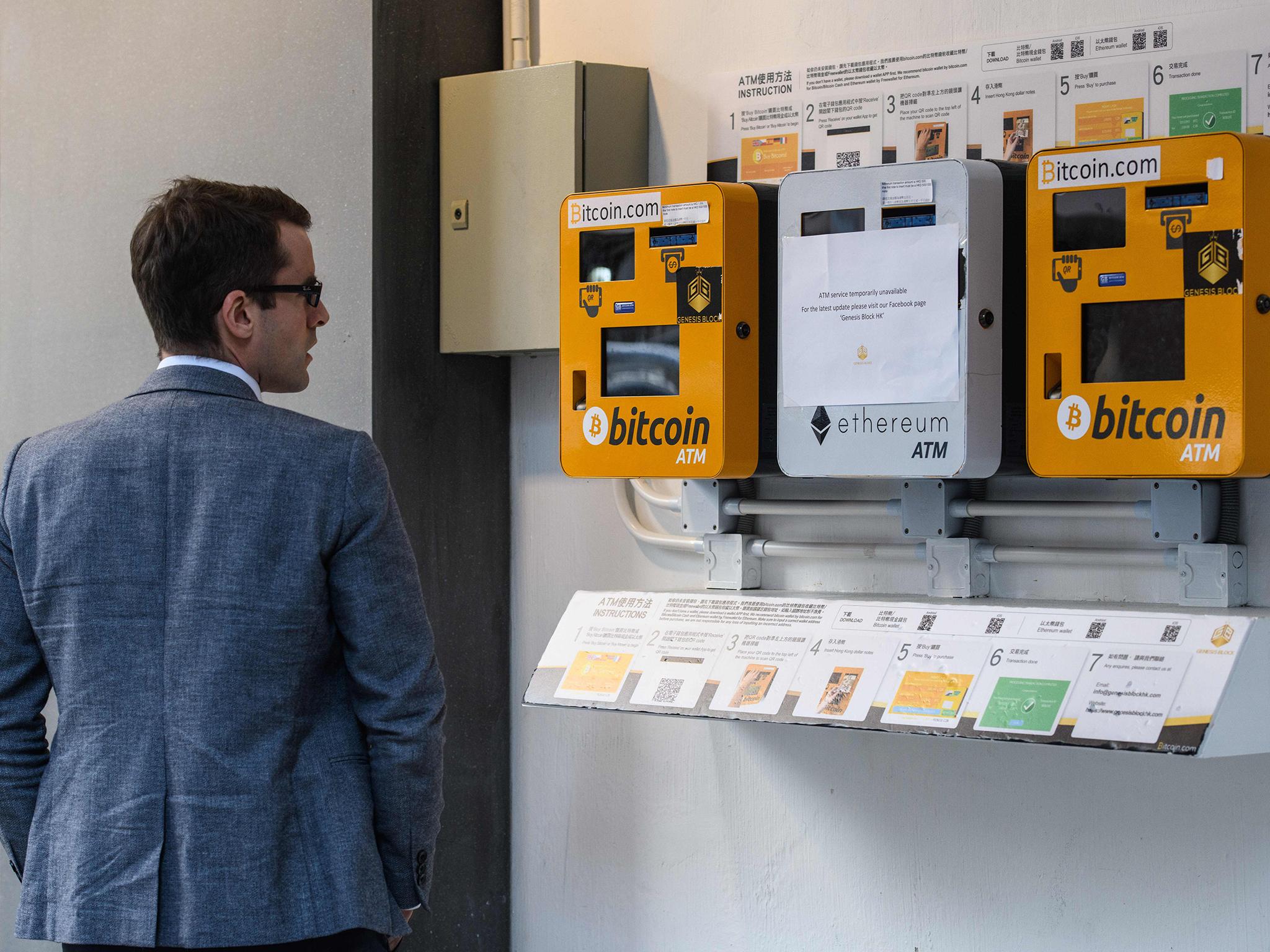Before you join the moral panic about bitcoin destroying our environment, remember that cash could be a whole lot worse
Low denomination coins especially – which depend on the mining of zinc ore and all its damaging by-products – have a serious enough impact on the environment that a number of countries have started pulling them entirely

Perhaps fuelled by deep frustration at not having jumped on the cryptocurrency bandwagon a few years ago, I’ve come to realise that people love hating bitcoin.
Social media users are delighted by stories about the prospect of a regulatory bitcoin ban and when its value tumbled from lofty heights a few weeks ago, Twitter was abuzz with memes and GIFs created by cynics thrilled by the slide.
Lately, a new idea has kept those scoffers entertained. Headlines this week announced that Iceland will apparently use more electricity mining bitcoin this year than it will for powering its homes. As well as financing the world’s criminal networks, exacerbating global wealth inequality and facilitating the emergence of a destructive robot revolution, bitcoin – it seems – is now also melting our ice caps and killing polar bears. The end probably really is nigh.
But not so fast. Despite being the first person to make a snide remark about bitcoin, theories of environmental calamity fuelled by cryptocurrency-mania have always seemed a little taken out of context to me.
So I did a bit of digging and here’s what I found.
There’s no denying that the electricity used for mining these neoteric codes could devastate the world around us. But so might the energy we use for sending emails all day, watching Netflix all night, driving cars short distances, flying around the globe and eating steak several times a week or strawberries in the middle of winter.
And as far as payment methods go, there may well be a worse – or at least equally bad – offender out there: humble, old-fashioned cash.

A few years ago, the smallest denomination coin in Canada was ditched from circulation because the cost of producing it was greater than its face value. The same is true of the penny coin – or 1 cent coin – in the US, though that one still remains in use.
Countries like Sweden, Brazil and New Zealand have also resorted to pulling coins because producing them is no longer financially viable. What’s not as well known, though, is that the environmental impact of mining the zinc ore to produce many of these coins would probably provide an equally legitimate reason for getting rid of them.
It’s hard to track down reliable data or to firm up the full scale of the carbon footprint of producing cash, but even a few minutes of Googling reveals that it’s far from inconsiderable.
To get cash coins into our wallets, piggy banks and pockets, zinc ore has to be mined, transported to a smelter, purified and then moved to the mint. That’s even before those coins are distributed across the country, continent or world to actually be of any use to anyone.
A blog published in 2016 on the website of the American Council of Science and Health alleges that since the early 1980s, an estimated 327 billion US pennies have been minted. The author calculates that hauling those across the country has led to the emission of around 107 million pounds of carbon dioxide over the years, as well as an unknowable amount of diesel pollution. The maths can probably be challenged but the argument stands. And that’s just for the US.
A similar case was made on the MarketWatch financial blog last year. The author of that post explains that the US Mint bought more than 11,700 metric tons of zinc to make coins in 2011. Think of the environmental price of mining all that, moving it and then transforming it into something we can use to buy a packet of crisps and a Mars bar. It all suddenly becomes a bit uncomfortable.
Adding to the case, the mining process is also pretty harrowing. An article on the website of the Smithsonian explains that the procedure involves blasting and chipping zinc-containing sphalerite ores from the limestone that surrounds the ores, before crushing and processing them in chemical baths that separate the zinc out. Then at the smelter, the raw zinc is roasted to get rid of sulfides, and sent through what the article describes as “a leaching and purification process”.
By-products of all of this include sulphuric acid and sulphur dioxide, which can be the cause of serious respiratory diseases, as well mercury. Low denomination coins are also generally not recycled.
I’d never want to downplay the ravaging effect that bitcoin mining might be having on our flora and fauna in the long run. It’s one of many reasons why I too am a crypto-sceptic. But if we want to point our finger at a payment method that’s bad for the planet, then we’ve got to look beyond bitcoin.
In this day and age, you might find that coins and cash are not as easy to hate as cryptic codes and ledgers, but think about it the next time you peek behind the sofa or try to cobble some coppers together for the vending machine. At least bitcoin boasts some entertainment value.
Join our commenting forum
Join thought-provoking conversations, follow other Independent readers and see their replies
Comments
Bookmark popover
Removed from bookmarks